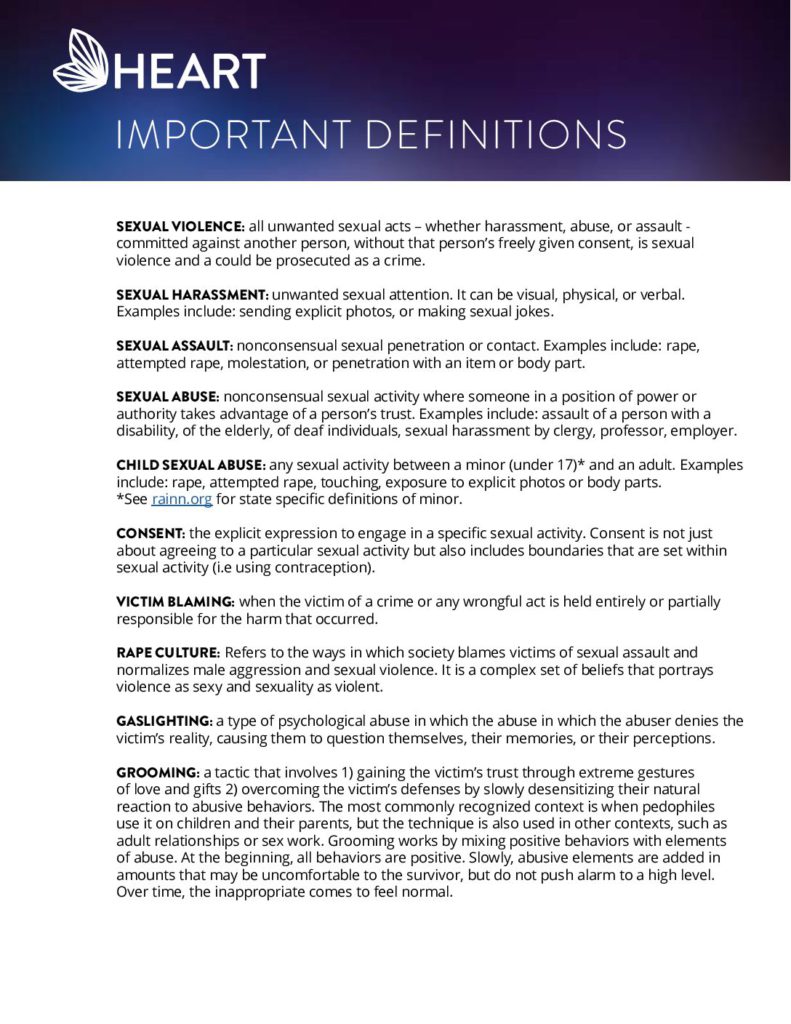This HEART to heart video provides foundational information about Polycystic Ovary Syndrome (PCOS). To view the accompanying handout, click the "Learn More" button below.
This HEART to Heart video gives foundational and practical information about sexually transmitted infections. To view the accompanying handout, please click on the "Learn More" button below.
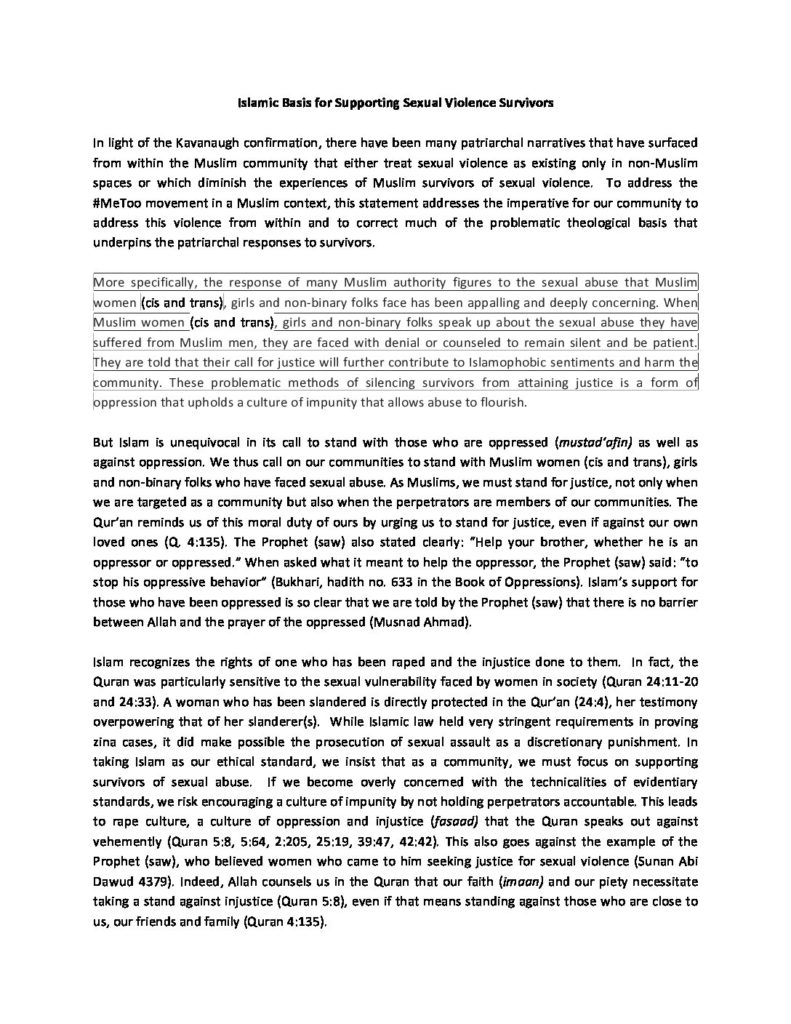
In light of the Kavanaugh confirmation, there have been many patriarchal narratives that have surfaced from within the Muslim community the either treat sexual violence as existing only in non-Muslim spaces or which diminish the experiences of Muslim survivors of sexual violence. To address the #metoo movement in a Muslim context, this statement addresses the imperative for our community to address this violence from within and to correct much of the problematic theological basis that underpins the patriarchal responses to survivors.
HEART hosted a series of four webinars during Sexual Assault Awareness Month (SAAM) in April 2020. This webinar recording is focused on Islamic perspectives of sexual violence. American Sign Language (ASL) interpretation is available for the duration of the video.
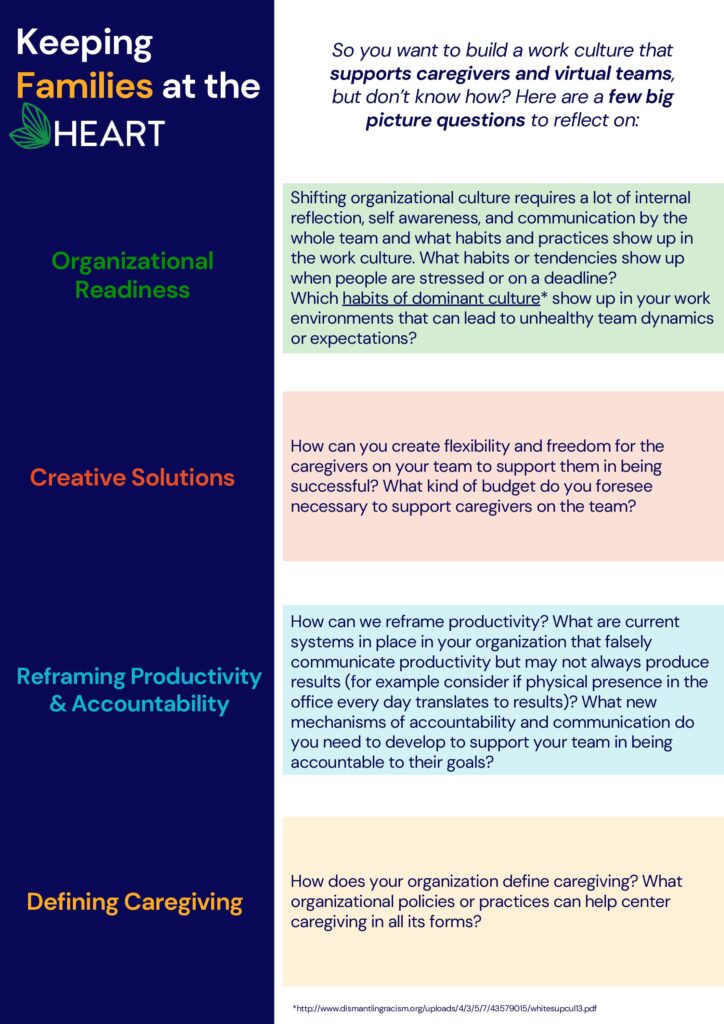
This resource is geared towards organizations working to build a culture that supports caregivers and virtual teams,
but aren't sure where to begin. The following resource providers a few big picture questions to reflect on.
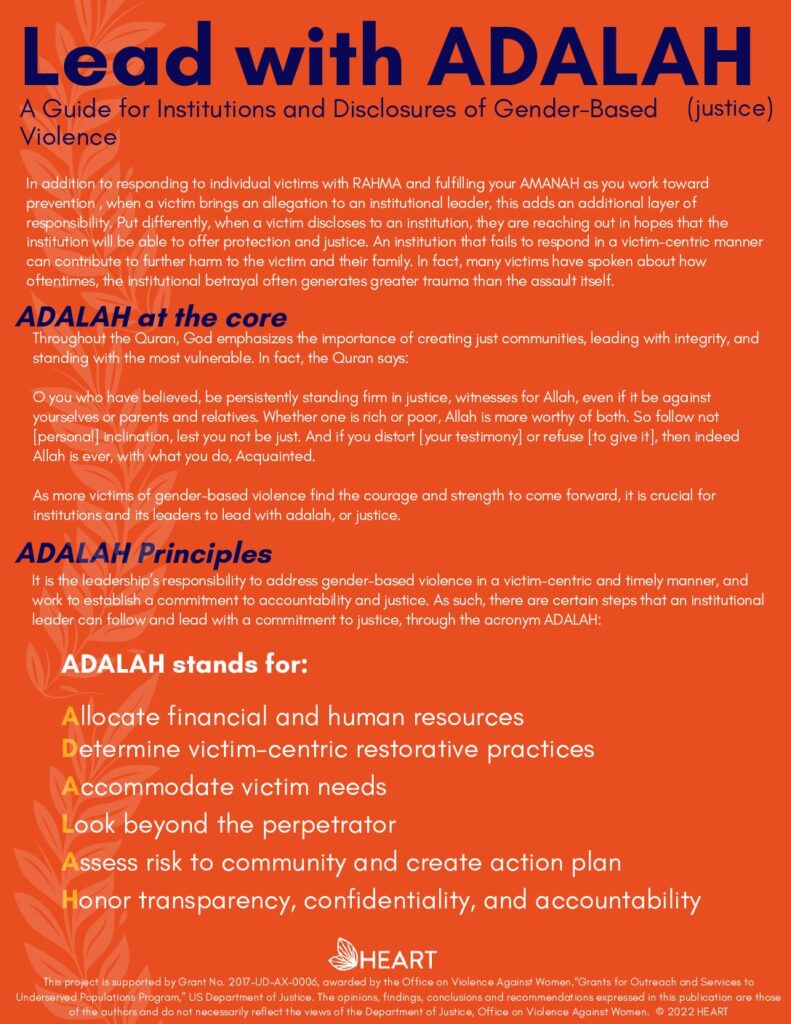
As more victims of sexual violence find the courage and strength to come forward, it is crucial for institutions and their leaders to lead with ADALAH, or justice, by addressing sexual violence in a victim-centric and timely manner, and working to establish a commitment to accountability. In addition to responding to disclosures with RAHMA and working toward prevention to fulfill an AMANAH, the ADALAH principles offer organizational leaders with steps that they can take to ensure that they are equipped to address sexual violence disclosures with a victim-centered, trauma-informed, transparent approach.
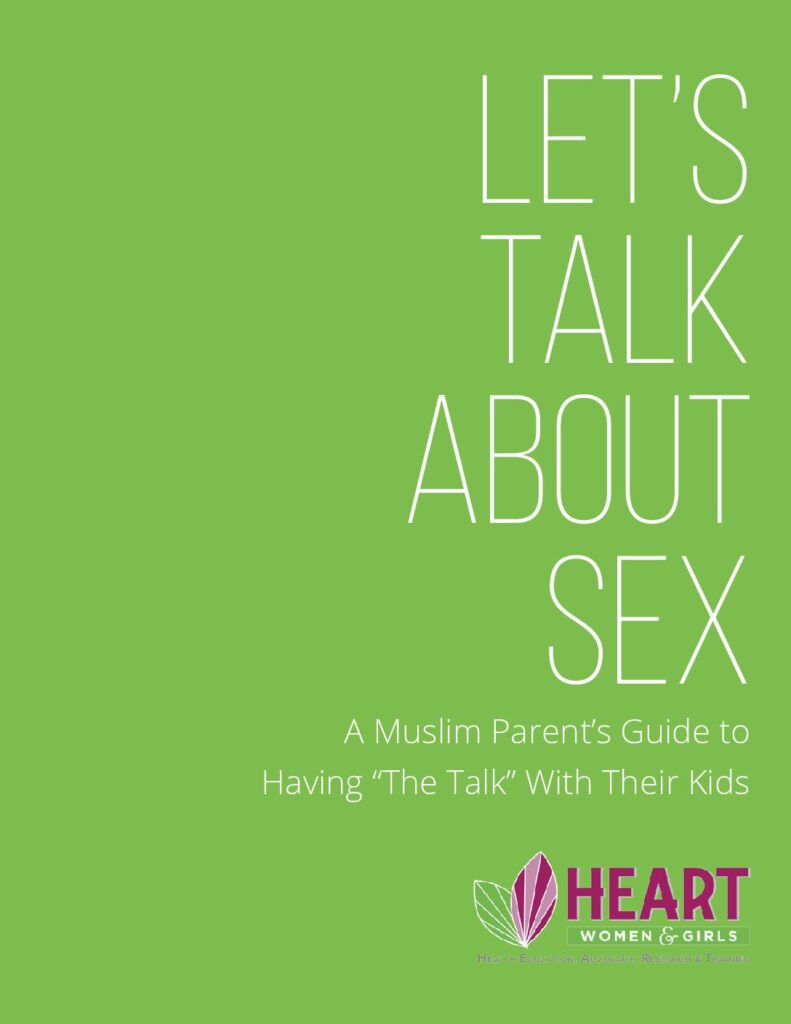
This guide offers important background information and practical steps for parents who want to have conversations about sex, relationships, and expectations with their kids: either in addition to health education class in school, or in place of it. While we do promote a developmental approach and starting these conversations with children as young as 3, parents of pre-teens and teens may find this guide most helpful and relevant. This guide offers 4 easy steps through the acronym OPEN, which stands for: Openly Communicate, Provide Information, Encourage Questions, and Normalize Puberty & Sex. A must-read for all parents.
